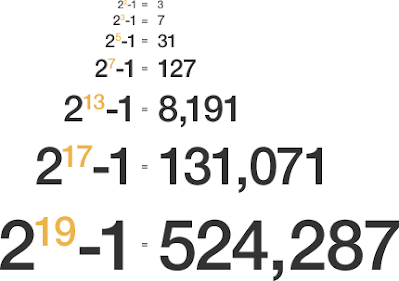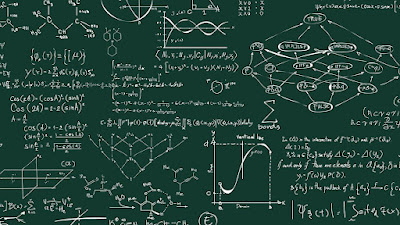Common problems from the short multiplication formulas
1 Problem Find the numerical value of the expression $a^2+b^2$ if $a+b=5$ and $ab=9$. Solution: Let's recall the formula for truncated multiplication $(a+b)^2=a^2+2ab+b^2$, which we have already reviewed here. Notice that $a^2+b^2=(a+b)^2-2ab$, this is because $(a+b)^2-2ab=a^2+2ab+b^2-2ab$, and the ones complement $2ab$ and $-2ab$ are truncated. Thus, we have already figured out how to represent $a^2+b^2$ as the sum and product of $a$ and $b$, hence $a^2+b^2=(a+b)^2-2ab=5^2-2.9=25-18=7.$ Problem 2 Prove the identity $(ab+cd)^2=(a^2+c^2)(b^2+d^2)-(ad-cb)^2.$ Solution: We need to prove that the left side of this equality is equal to the right side. We will simplify both sides of the equality and compare them, hence $LS=a^2b^2+2abcd+c^2d^2$. Now we simplify the right-hand side of the equality $LS=a^2b^2+a^2d^2+b^2c^2+c^2d^2-(a^2d^2-2adcb+c^2b^2)=$ $=a^2b^2+a^2d^2+b^2c^2+c^2d^2-a^2d^2+2adcb-c^2b^2=a^2b^2+c^2d^2+2abcd$. Thus we get that $LS=RS$ and the equality is an identity...


